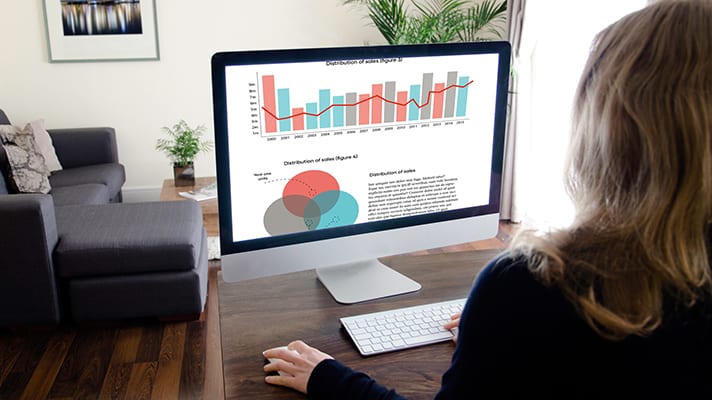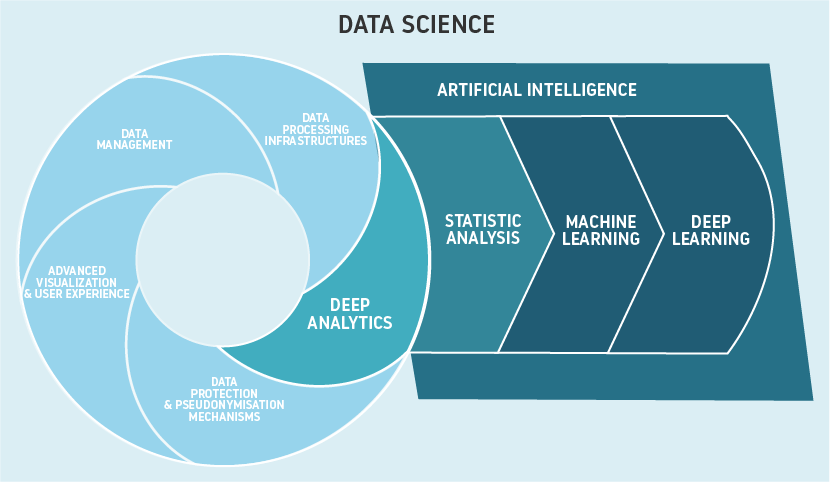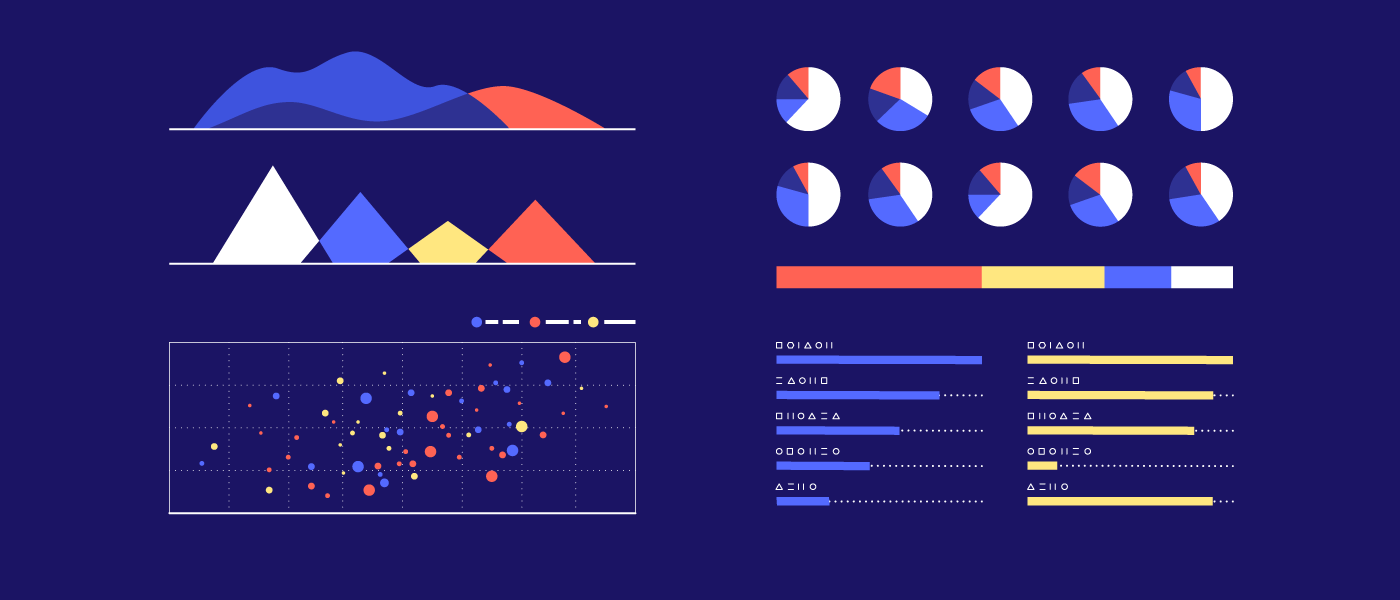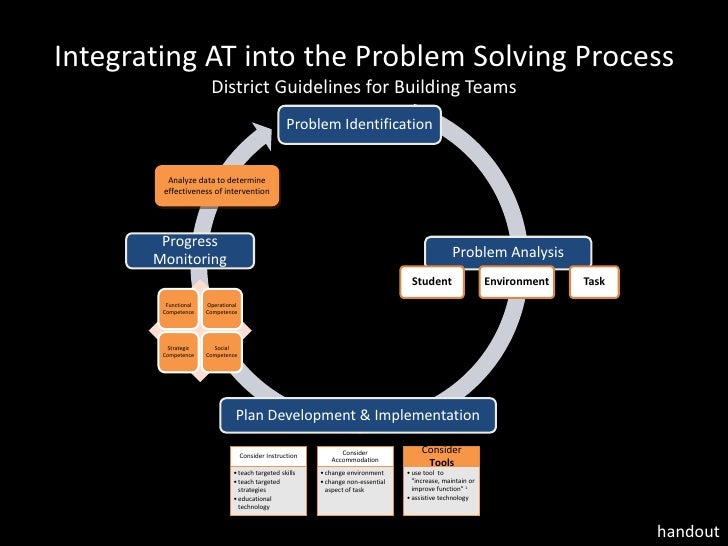Data Science: The Sexiest Job in the 21st Century Why Data Science, Machine Learning and Data Analytics ? Data science is a multi-disciplinary field that uses scientific methods, processes, algorithm and systems to extract knowledge and insights from structured and unstructured data Data Science is the concept turned data as " Data Mining and Big Data "use the most powerful hardware, the most powerful programming systems,and the most efficient algorithm to solve the problems. Future Scope of Data Scientist ? Our Digital Footprint has expanded rapidly over the past 10 years. The size of the digital universe was roughly 130 billion GB in 1995. By 2020 , this number will expand 40 trillion GB. Companies will compete for hundreds of thousands, if not millions. of new workers needed to navigate the new digital World. No wonder the prestigious Harvard Business Review called data science "the sexiest job in...










Thank you for sharing this wonderful blog with us. This is really exiting blog. Keep sharing these kinds of blogs.
ReplyDeletedata analyst course online